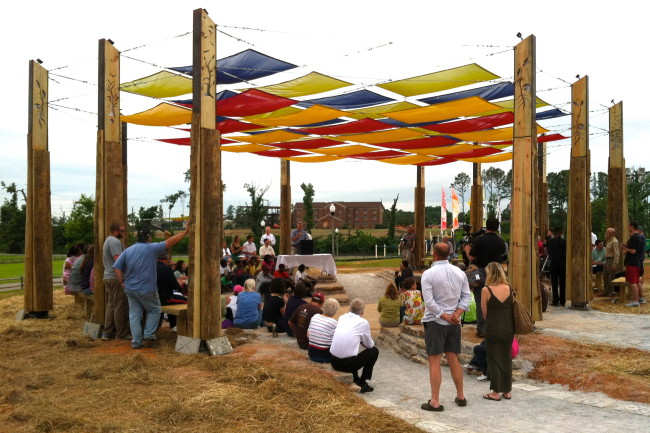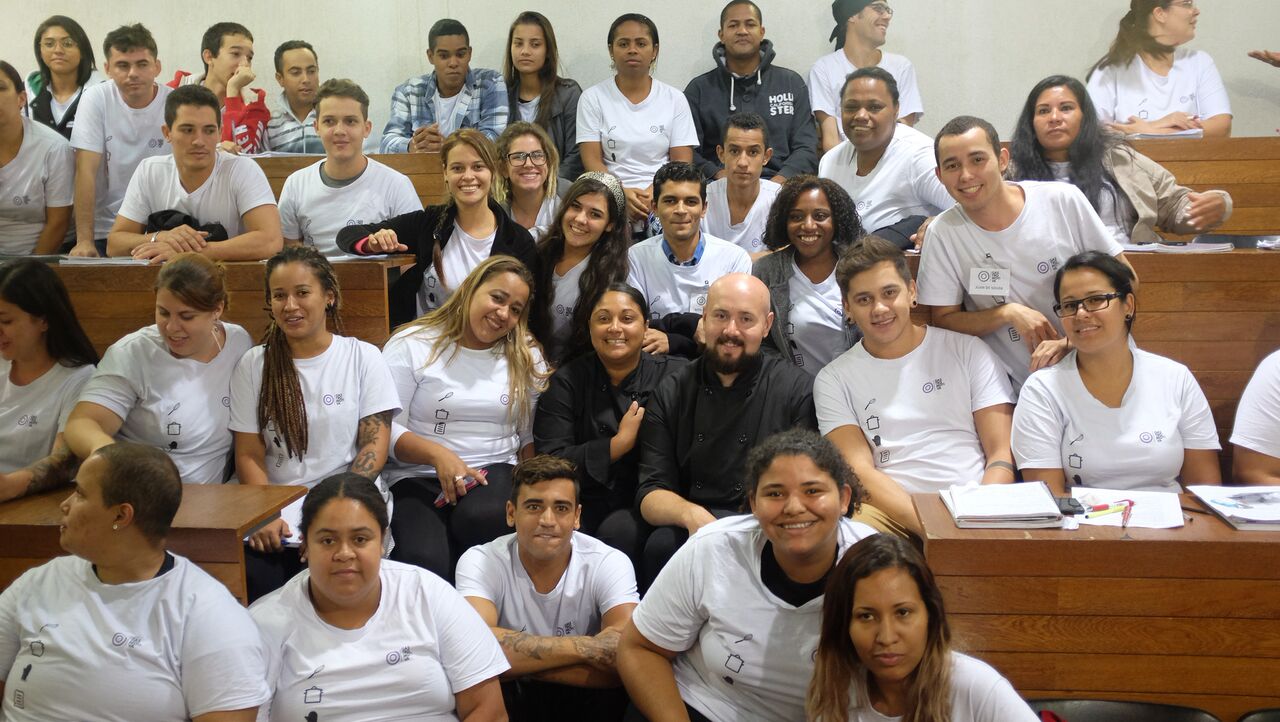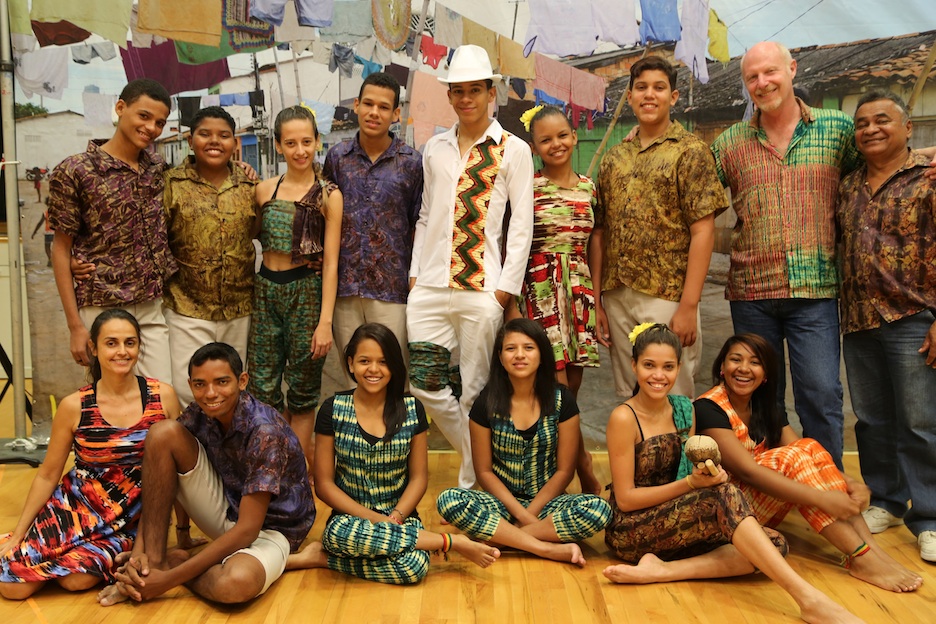Project category 3
Generate and demonstrate alternative ways of living
This group of creative projects (often artist or designer-led) aims to demonstrate “what can happen” by way of alternative pathways and approaches. These “alternative” projects range from cooperative projects to advance social connections in a particular place/neighbourhood and (potentially) instill “passion for civic involvement” through to generating ideas and modelling alternate ways to do things – from sharing services and cooperative enterprises to activist appropriation of spaces to develop alternate eco-communities or to resist/protest against corporate/institutional/systemic/macro neoliberal trends and injustices. In these examples, processes of imagining alternatives as well as making are central. Although sometimes the alternatives are presented as ideas rather than functioning prototypes, this category is distinguished by its focus on invention, experimental doing, practice-based learning, and “demonstration.”
PROJECT EXAMPLES
 |
Gathering Places: Pomegranate Center + San Diego Foundation + ARTS ONGOING | SAN DIEGO, UNITED STATES Gathering Places turns neglected, blighted spaces in need of transformation into beautiful, vibrant outdoor places for children, families, seniors and others by using art, community planning, and volunteerism as tools for creating more livable, socially connected and civically engaged communities. The project brings neighbours together with artists, designers, architects, urban planners and others to create places that bring safety, a sense of identity, and a source of pride through community development. The work is guided by an inspiring, comprehensive vision of local sustainability, and overarching objectives to Heal, Inspire and Empower. MORE INFO: “Strengthening Communities through Collaborative Placemaking” project | Pomegranate Center projects |
 |
Lanchonete.org 2013-ONGOING | SÃO PAULO, BRAZIL Lanchonete.org (also known as Associação Espaço Cultural Lanchonete) is a group of more than twenty people, artists and others, who care about São Paulo City Centre and believe that the right to the city is not something static, and it can never be deeply experienced without the help of new, gradual and out-of-the-box approaches. Lanchonete.org functions as a catalyst and space for dialogue on socioeconomic conditions in the face of diminishing public space. It aspires to be a prism through which understanding and dialogue on issues, conditions, successes and failures that reflect daily life in the Center of São Paulo can gain momentum and flourish. Moreover, it aspires to be the engine for a citizen-authored feedback loop with the prospect of informing urban policy-setting. MORE INFO: PT, EN |
 |
Transformance Institute, Community University of the Rivers, Festival beleza amazônica 2009-ONGOING | CABELO SECO, MARABÁ, AMAZON, BRAZIL The project Rios de Encontro (Rivers of Meeting) cultivates young leaders through artistic formation to care for themselves and to transform their afro-indigenous roots into a project for a sustainable futures. Coordinated by Dan Baron Cohen and Manoela Souza, the project prepares children and young people as artists, capable of applying their performance confidence as community and pedagogical leaders inside their own schools. Rios de Encontro has enabled impoverished young people to redefine themselves as performers of personal and collective transformation through music, dance and theatre, in the streets between the Rivers Tocantins and Itacaiúnas. Deeply critical of the present industrialization of the Amazon, the project has won national awards for its youth-led micro-projects from the Brazilian Ministry of Culture and UNICEF. Local youth have also become co-coordinators of the Community University of the Rivers, inspiring ethical, eco-pedagogical collaborations with local universities and schools, and performing sustainable communities. MORE INFO: “Performing Transformation in the Community University of the Rivers” | “Rivers of Creativity: from intimate performance to sustainable community” | web: PT, EN | video |
| Overview of categories | 1. Restore ecosystems – re-nature cities | 2. Co-build better city/community through in situ actions | 3. Generate and demonstrate alternative ways of living |

